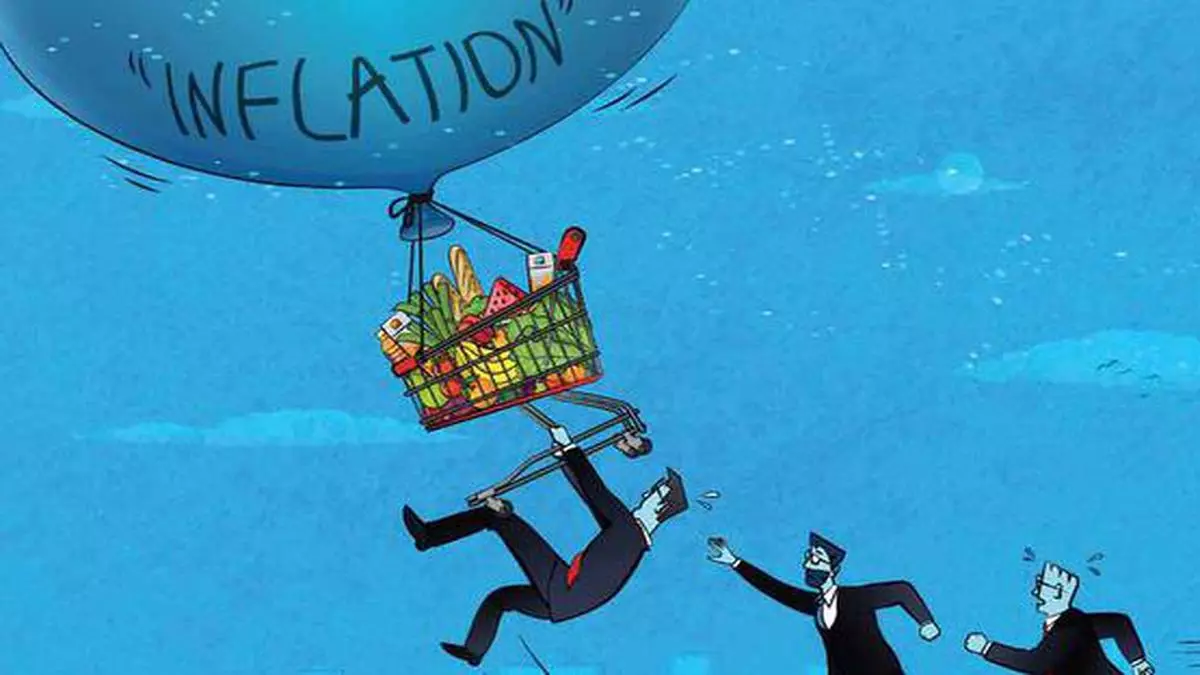Govt ‘in no hurry’ on medium-term inflation target: Sources
India’s government is in no rush to push inflation – now hovering near 7 per cent and an eight-year high – to the central bank’s medium-term target of 4 per cent, two sources said, fearing that large increases in interest rates could lead to harming economic growth. .
The price hike is expected to trigger the government’s mandatory statutory banking report on anti-inflationary policy responses, but sources said the government would be relieved if the central bank took two years or even more to bring inflation down to a lower level. 4 percent.
They added that after a 140 basis point hike in interest rates over the past four months by the Reserve Bank of India to 5.4 percent, inflation is now under control and is expected to head towards the top of the target range of 6 percent. cents, which can be reached within three to six months.
“We are not in a hurry to raise inflation to 4 percent. Growth and inflation must be balanced,” said one of the sources. “New Delhi will be comfortable for inflation to fall below 6 per cent in the next three to six months,” the source added. “Our inflation is under control, especially after a series of measures by the government and the Reserve Bank of India.”
Several other major central banks concerned about inflation have also aggressively hiked rates, with the US Federal Reserve widely expected to raise interest rates by at least 75 basis points on Wednesday.
look
Inflation data for September, due on October 12, will almost certainly keep India’s consumer price growth above 6 percent for the third consecutive quarter, prompting reporting requirements.
For four years, the RBI’s monetary policy maintained an accommodative stance with a growth bias, but changed course in May, before releasing a “surprise” retail inflation reading for April of 7.79 per cent, the highest in eight years, driven by higher material prices. nutritional.
Inflation has remained high since then, pressuring the central bank to raise interest rates again when the Monetary Policy Committee is due to meet on September 30.
And the government took a number of other measures to fight inflation, as it imposed restrictions on rice exports last week after an earlier restriction on wheat and sugar exports, to calm domestic prices, while cutting taxes on gasoline and diesel in May.
But with economic growth slowing, the authorities have become concerned about steps that would undermine domestic demand.
India’s economic growth from April to June was 13.5 percent below the Reserve Bank of India’s forecast of 16.2 percent for the period, threatening the overall growth forecast of 7.5 percent for the full year.
Last week, global ratings agency Fitch lowered India’s growth forecast in 2022/23 to 7 percent from 7.8 percent as rising inflation will lead to tightening monetary conditions.
Fitch said it expects Indian monetary policy interest rates to peak in the near future and to remain at 6 percent until next year.
